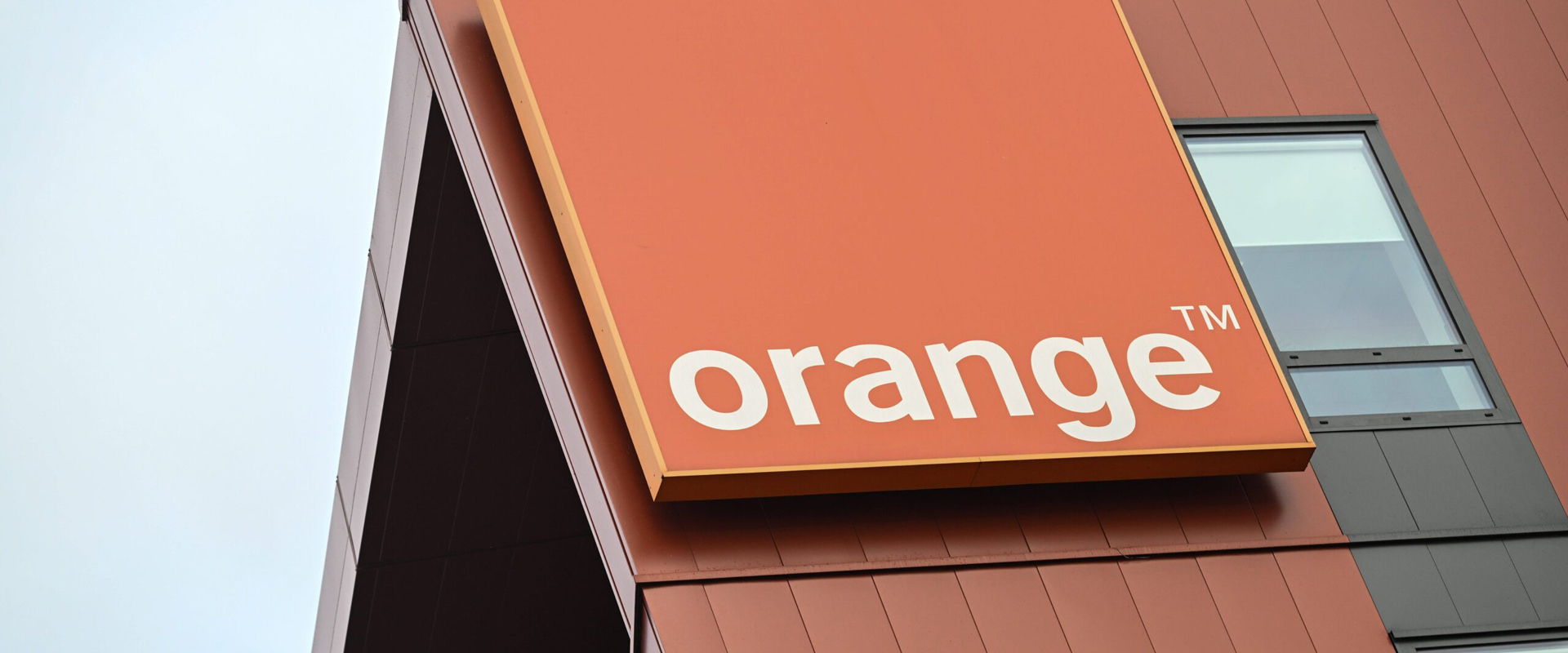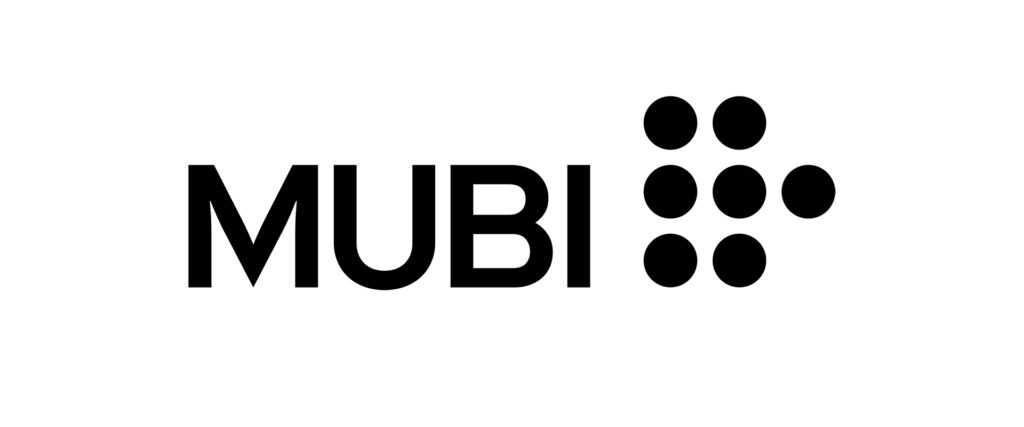Orange Teams with OpenAI, Meta to Launch AI Models for African Languages
French telecom corporation Orange has announced a strategic partnership with OpenAI and Meta to develop artificial intelligence models tailored to African languages. This initiative, set to roll out its first models in early 2025, aims to address the gap in AI capabilities for understanding regional languages like Wolof and Pulaar, spoken by millions across West Africa.
Wolof is widely used in Senegal, Gambia, and southern Mauritania, while Pulaar is prevalent in Senegal. Together, these languages represent over 22 million speakers, yet remain largely unsupported by mainstream AI systems like OpenAI’s GPT or Meta’s Llama, which focus on data from Western regions.
Steve Jarrett, Orange’s chief AI officer, highlighted the unique challenges faced in Africa: “We’re operating in West African countries where a lot of these regional languages are being spoken in our contact centers, but where the current AI models don’t understand what these people are typing or saying” he told CNBC.
Orange’s AI models, based on Meta’s Llama and OpenAI’s Whisper, will be made available as open-source tools under free licenses for non-commercial applications such as public health and education. This approach aligns with the company’s long-term goal to expand language support across all 18 West African nations where it operates.
The initiative also supports the global push toward “sovereign AI” a concept emphasizing localized control over AI systems to ensure they reflect the specific cultures, languages, and histories of the regions they serve. To that end, Orange plans to process and host AI data in European data centers, ensuring compliance with local standards and gaining early access to cutting-edge machine learning tools.
Jarrett emphasized Orange’s commitment to ethical AI usage, pointing out the environmental concerns of large-scale models. “We’re not always using the massive, large language model [LLM] for every problem” he said, stressing the importance of balancing efficiency with impact.
Beyond improving customer service, Orange is leveraging AI to optimize its mobile networks. By analyzing large volumes of data from network equipment, AI can detect patterns to predict and prevent system failures. “On the network side, we use [AI] to not only optimize how we plan the network but also how we operate the network right” Jarrett explained.
With this partnership, Orange seeks to bridge the AI language gap, enabling its systems to better serve West African communities and paving the way for a more inclusive technological future.
Source: CNBC
Share:
French telecom corporation Orange has announced a strategic partnership with OpenAI and Meta to develop artificial intelligence models tailored to African languages. This initiative, set to roll out its first models in early 2025, aims to address the gap in AI capabilities for understanding regional languages like Wolof and Pulaar, spoken by millions across West Africa.
Wolof is widely used in Senegal, Gambia, and southern Mauritania, while Pulaar is prevalent in Senegal. Together, these languages represent over 22 million speakers, yet remain largely unsupported by mainstream AI systems like OpenAI’s GPT or Meta’s Llama, which focus on data from Western regions.
Steve Jarrett, Orange’s chief AI officer, highlighted the unique challenges faced in Africa: “We’re operating in West African countries where a lot of these regional languages are being spoken in our contact centers, but where the current AI models don’t understand what these people are typing or saying” he told CNBC.
Orange’s AI models, based on Meta’s Llama and OpenAI’s Whisper, will be made available as open-source tools under free licenses for non-commercial applications such as public health and education. This approach aligns with the company’s long-term goal to expand language support across all 18 West African nations where it operates.
The initiative also supports the global push toward “sovereign AI” a concept emphasizing localized control over AI systems to ensure they reflect the specific cultures, languages, and histories of the regions they serve. To that end, Orange plans to process and host AI data in European data centers, ensuring compliance with local standards and gaining early access to cutting-edge machine learning tools.
Jarrett emphasized Orange’s commitment to ethical AI usage, pointing out the environmental concerns of large-scale models. “We’re not always using the massive, large language model [LLM] for every problem” he said, stressing the importance of balancing efficiency with impact.
Beyond improving customer service, Orange is leveraging AI to optimize its mobile networks. By analyzing large volumes of data from network equipment, AI can detect patterns to predict and prevent system failures. “On the network side, we use [AI] to not only optimize how we plan the network but also how we operate the network right” Jarrett explained.
With this partnership, Orange seeks to bridge the AI language gap, enabling its systems to better serve West African communities and paving the way for a more inclusive technological future.
Source: CNBC









